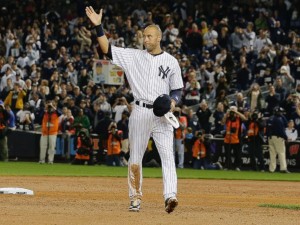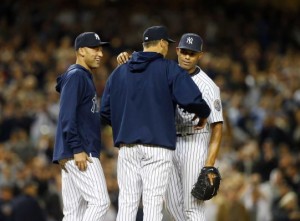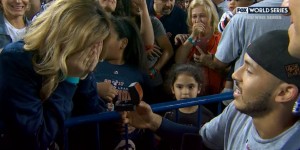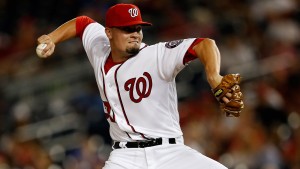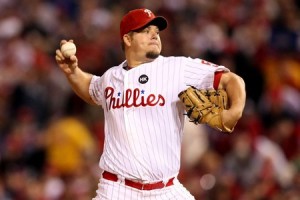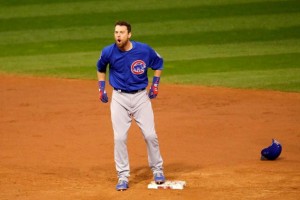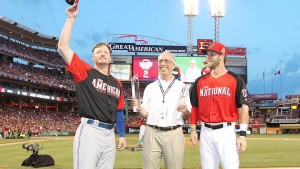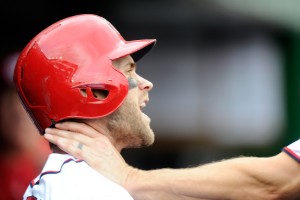Its that time of the year, so that means Hall of Fame Ballot time. BBWAA Writers should have mailed in their ballots by 12/31/19, and we should start seeing a glut of “this is who I voted for and why” posts come out this week.
How many years have I been doing this post? Basically as long as we’ve had the blog. Here’s (by class) 2019, 2018, 2017, 2016, 2015, 2014, 2013, 2012, 2011. Dunno what happened for the 2016 preview; must have been busy or something right at the end of the year in 2015.
I know lots of people have lost faith in the Hall of Fame, are tired of reading analysis like this, etc etc. Fair enough; feel free to move on.
Here’s two key links for you, if you’re still reading.
- Baseball-Reference.com’s 2020 ballot with stats
- Ryan Thibodaux‘s online tracker of all HoF votes
My consideration of candidates for the Hall, unlike my consideration of a lot of stuff in baseball, does include “feel” in addition to stats. I know Jay Jaffe has his great JAWS thing that tries to do both peak and longevity. I know b-r.com has a bunch of metrics per player. That’s all great. But it isn’t the hall of stats, it isn’t the hall of WAR. Its the Hall of Fame. Its the hall of marquee players from their day. I look at the players I’d vote for and … they’re the guys you paid money to see. They’re the arms that were on the mound and you gave the opposing team little chance. They’re the sluggers who you wanted up in the 9th inning of a tie game. That’s what makes the game exciting and that’s the lens I like to use when judging players. Yeah its subjective and partisan; so is every person voting in the BBWAA. Even Jaffe admits there’s stats and then there’s consideration in his excellent article linked above.
With my imaginary ballot, here’s how i’d vote. Since there’s a limit of 10 players per ballot, I’ll list these players in rough order of voting priority to start:
New to the 2020 Ballot Candidates:
- Absolute Yes on Derek Jeter
- Jeter may very well join Mariano Rivera as a unanimous electee; I can’t see any logical reason why a sane voter without a grudge would not vote for him.
- I’ve seen people online actually ask if his tenure as the face of the Miami Marlins ownership group will harm his candidacy. I sure as hell hope not: he’s clearly enacting the policy of his ownership group, and his playing qualifications have absolutely nothing to do with his management career. But, since we live in the “Hot Take” universe of twitter-length arguments, I’m sure someone will withold a vote for some personal reason (and then will stay anonymous like the chicken-sh*t voters who continue to do so).
- Slight pause on Bobby Abreu and Jason Giambi
- Abreu’s accumulation stats really added up, but he was never seriously in consideration for anything close to being the best player in the league at any point in his career.
- Giambi had a torrid 3-4 year stretch where he was perhaps the most feared hitter in the league. His slash line in 2001 was a ridiculous .342/.477/.660. And he didn’t even win the MVP (he lost out to the narrative-driven Ichiro Suzuki despite producing nearly two more wins of value). But … this was basically it for Giambi; he dominated at the height of the PED era and admitted (in leaked Grand Jury testimony) that throughout his peak he took BALCO products, steroids and HGH. There’s just no way he’s ever getting in. But man he was a slugger in his prime.
- No on everyone else, and i’m not sure there’s anyone really close.
- there’s one guy on the ballot (Heath Bell) who had less career bWAR than Mike Trout had in 2019. In case you still held on to some belief that relievers are the game changing players that they’re made out to be by some sportswriters.
Returning Ballot Candidates
I’m not re-litigating these candidates, since i’ve written many times on them in the past. Plus, most of these guys have been on the ballot so long that, frankly, nobody wants to hear your justification any more. Its like politics; reading my blog post isn’t going to change your opinion on the Impeachment inquiry. I’m sure the Cooperstown guys can’t wait for Bonds and Clemens in particular to age off the ballot; this is t heir 8th year of 10. Almost there.
- Yes on Roger Clemens, Barry Bonds, Curt Schilling, Manny Ramirez
- More Tepid Yes on Fred McGriff, Larry Walker
- Almost ready to say Yes on Gary Sheffield, Scott Rolen, Andruw Jones
- Pass for now on Jeff Kent, Sammy Sosa, Todd Helton, Lance Berkman, Andy Pettitte, Roy Oswalt
- No on Omar Vizquel, Billy Wagner, Bobby Abreu, Jeremy Giambi, and the rest of the 2020 class not already discussed
Its Walker’s 10th and last year on the ballot, typically a time when people give him a bump. He was at 54% last year; can he get to 75% It’ll be tough. its a thin ballot, which means lots of guys are going to get votes who may not normally get them. Will it be enough?
So i’ve got absolute Yes’s on five guys, tepid Yes on another two, then would probably throw the “almost ready” three guys on to fill out the ballot of 10 names.
I vote Yes on (in order): Jeter, Clemens, Bonds, Schilling, Ramirez, McGriff, Walker, Sheffield, Rolen, Jones.
Predictions? I’ll say Jeter and Walker get in.
(side observation; on the Hall of Fame tracker this year, we’re seeing really odd things in some of the ballots so far. For the first time in a while, there’s not 10 obvious candidates even for bigger-hall proponents like myself. And we’re seeing voters actually remove votes from players they voted for last year … but not completely filling out the ballot. (??) Explain that to me: how do you vote for a guy one year then the next … you don’t, and you’re not taking away that vote for an other players? We also are seeing some real questionable ballots; one guy voted solely for Jeter this year and removed 7 others he had on his previous ballot. Why would you do that??)
